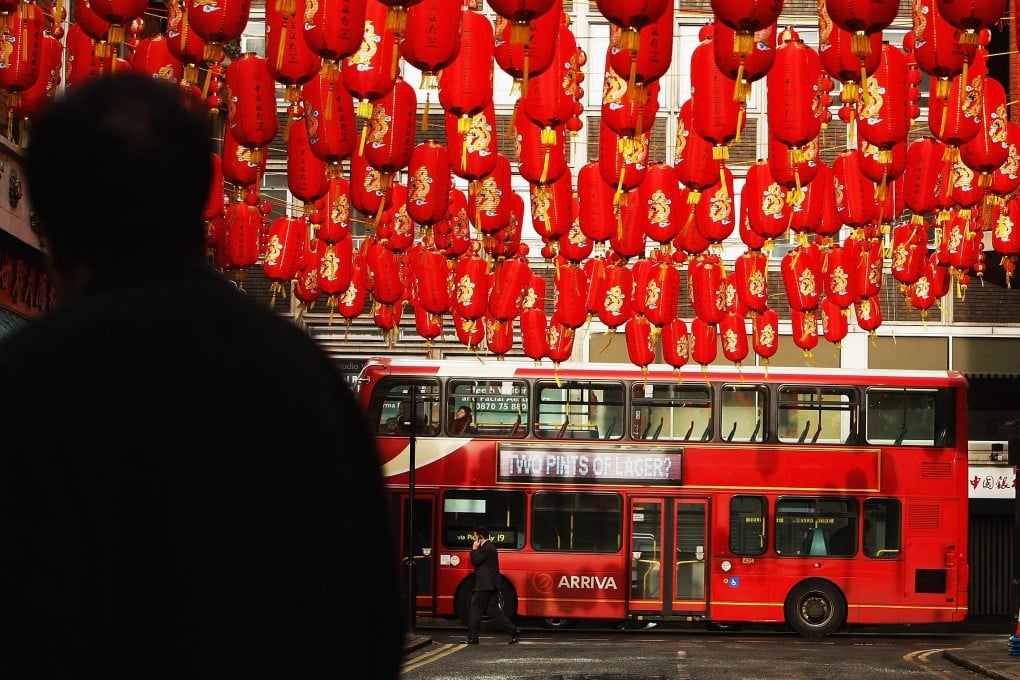Advertisement
Opinion | Hongkongers struggling in the UK aren’t quitting. Why would they?
- A survey showing 99 per cent of new arrivals plan to stay permanently is not surprising, given the determination that overseas Chinese have shown in the past
- If they overcome their hardships, they can make a better life for themselves and teach valuable lessons to others
Reading Time:3 minutes
Why you can trust SCMP
46

I have a few friends who have established themselves overseas. For example, one is teaching at a university and another runs her own jewellery design shop. But, more than 20 years ago, when they first landed on foreign shores, they were all poor. Despite being well educated, they had to resort to lower-skilled jobs to survive.
Advertisement
They have come a long way, overcoming language barriers, cultural differences and occasional discrimination. A recent survey reminded me of them. The study, released by the Welcoming Committee for Hong Kongers and British Future, showed that some new arrivals from Hong Kong were facing a tough time in the UK.
More than 2,000 Hongkongers who emigrated under the British National (Overseas) visa programme were interviewed. They are a highly educated group, with nearly 60 per cent holding a graduate or postgraduate degree. However, almost half had not secured a job. Of those working, 47 per cent said their job didn’t match or only slightly related to their skills and experience.
English-language ability is considered one barrier. Only 11 per cent of the respondents rated their spoken English as “very good”. Financial stability is another problem as 40 per cent said their financial condition had worsened and 10 per cent’s had “worsened greatly”. Meanwhile, 5 per cent reported instances of discrimination.
Despite all these hardships, 99 per cent said they planned to stay permanently, which makes sense. Overseas Chinese never quit because it is hard, and they have endured unimaginable hardships for centuries. There was, for example, the Aliens Act of 1905 in Britain, the Immigration Restriction Act of 1901 in Australia and the Chinese Exclusion Act of 1882 in the United States. There were also mass outbreaks of anti-Chinese violence in the US, Indonesia and Mexico.
Fortunately, those kind of incidences are a thing in the past. Even so, prejudice and anti-Chinese sentiment, fuelled by the Covid-19 pandemic, remain.
Advertisement

Advertisement
